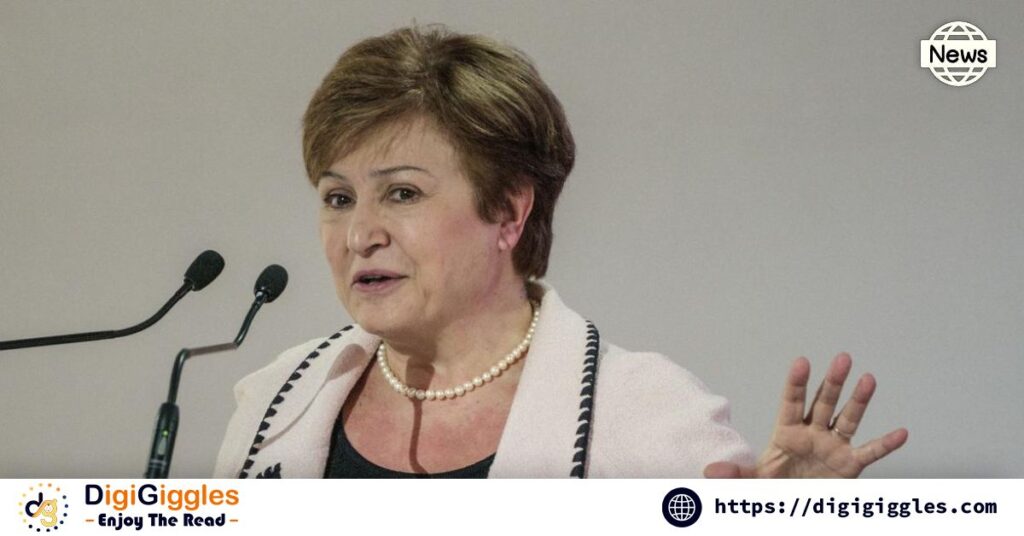
In a recent interview with AFP, International Monetary Fund (IMF) Chief Kristalina Georgieva highlighted the transformative impact of artificial intelligence (AI) on jobs worldwide. Acknowledging the risks it poses to job security, she also emphasised the “tremendous opportunity” AI presents for boosting productivity and driving global growth. Speaking ahead of the annual World Economic Forum in Davos, Georgieva disclosed that AI is expected to affect 60% of jobs in advanced economies. The IMF’s latest report indicates that globally, approximately 40% of jobs may be impacted, with a higher influence on higher-skilled positions. Despite concerns, Georgieva pointed out that only half of the affected jobs are expected to face negative consequences.
The IMF report predicts a more moderate initial impact on labour markets in emerging and developing economies. However, these regions are less likely to benefit from the enhanced productivity gains that AI integration may bring to the workplace. Georgieva stressed the importance of assisting low-income countries to capitalise on the opportunities presented by AI. Georgieva anticipates that the upcoming IMF economic forecasts will reaffirm the global economy’s adherence to previous projections, describing it as “poised for a soft landing.” She commended the effectiveness of monetary policy but cautioned about the delicate balance needed to avoid easing too fast or too slowly.
Expressing urgency, Georgieva emphasised the need for an AI-related productivity boost to counteract historically muted growth levels. She underscored the significance of unlocking productivity, stating, “God, how much do we need it?” to ensure a positive trajectory for the world. Looking ahead, Georgieva anticipates a challenging fiscal year in 2024. With numerous countries grappling with debt accumulated during the COVID-19 pandemic, she warned against compromising hard-won progress through excessive spending during election cycles. Approximately 80 countries are set to hold elections this year, putting additional pressure on governments to navigate fiscal policy carefully.
Regarding her potential second term, Georgieva, whose current term concludes this year, remained tight-lipped. She expressed her commitment to her present responsibilities, highlighting the IMF’s resilience during turbulent times. “Let me do what is in front of me right now,” she concluded, leaving her plans open-ended. In a world where AI’s impact on jobs is undeniable, Georgieva’s insights provide a balanced perspective, urging global cooperation to harness the benefits while mitigating the challenges posed by this technological wave. The IMF remains vigilant, emphasising the need for strategic fiscal policies to navigate the evolving economic landscape.